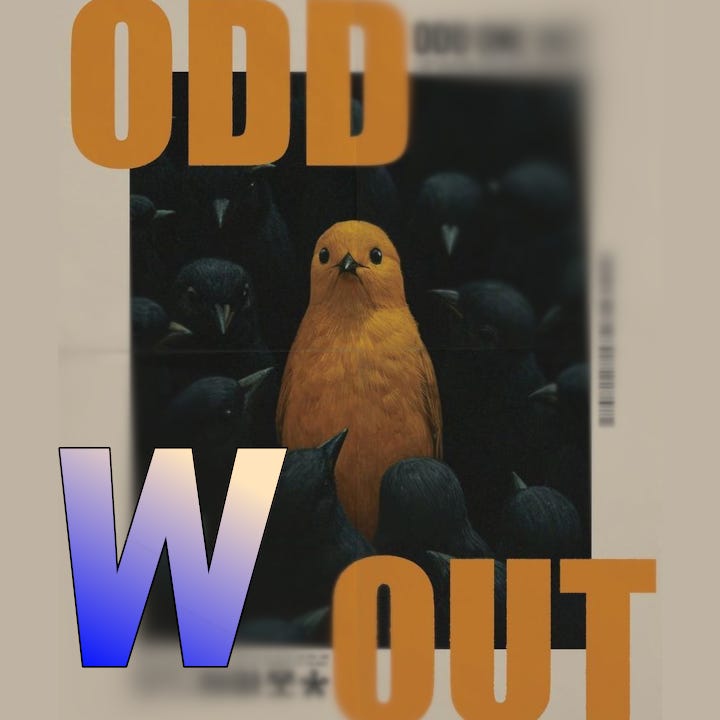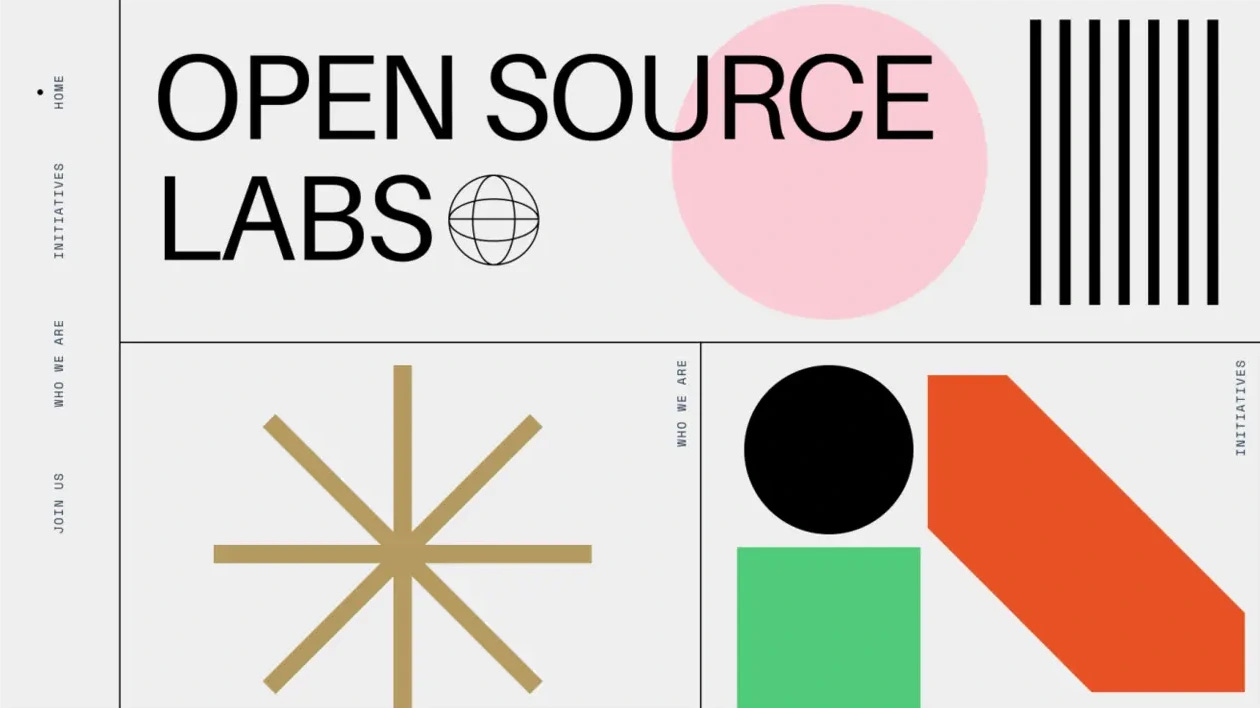A common belief states that your space reflects your person. It means that what you surround yourself with and how you operate will say more about you than anything put in words. Whether the statement is true can be debated, but at the very least it makes you think about the environment you live, work, and play in. We can extend this to the digital realm as well, into things like the websites we browse and even the games played in our spare time. They reveal a lot about how we think and operate, more so than we might think.
For my part, my digital habits paint a better picture of me than if you were to hold me at knife point and ask me about myself. You'll see themes of do-it-yourself, open source, scarcity, and some other points that pin me into a very specific corner. I have my own way of going about my day-to-day life as it is in the digital world. I'd reckon it's the same for you, but you aren't the one writing this article, so lets get the rambling over with and get into what my digital life looks like.
The Platform
Linux, NixOS, Plasma6. That’s it really.
I’ll spare you the intricate details of the Linux world since I’ve gone over them before. Basically, NixOS is a Linux distribution that uses a configuration file to declare every option for the operating system. This means that I can take my personal configuration file and use it to build the exact same operating system on any computer and wind up with the same setup, applications, and services enabled without any manual adjustment. It’s very nice.
Plasma6 is a Desktop Environment that allows me the most freedom and customization. GNOME is really the only other option since the rest are all parts of a desktop, but GNOME looks and feels more like Mac than Windows so I try to avoid it. Plus there’s also a NixOS extension that allows me to configure my desktop in the same way I declare my operating system. The Nix hole goes very deep.
My move to Linux was fueled mostly by my displeasure at how Microsoft is steering Windows towards a tech-debt fueled nightmare experience. It’s not completely there yet, but I wouldn’t be surprised if Windows 12 takes even more features away while simultaneously pushing more ads, AI, and Microsoft services on the user. Enshitification and all of that good stuff.
Will I tell you to switch to Linux? Nope. It’s not something that everyone can handle, and the ecosystem isn’t mature enough to support the average computer user. You should however, at least try out Linux once in your lifetime. Even if it’s just seeing how things work over here, I would recommend setting up a little section of your storage device to setup a Linux installation. You can always go back to Windows/Mac, but even just attempting to install Linux makes you more technologically adept than most people will ever be in their lifetimes. Which is definitely beneficial considering the cyberpunk dystopia that we’re almost inevitably heading toward.
The Products
Linux glazing aside, what am I actually doing on it? Asides from constantly adjusting my dotfiles and changing the layout of my desktop.
Blender
The free space on my personal bingo card, Blender is the core of my 3D work. Open source, available in almost every format on every platform, and a wealth of community knowledge. Plus it’s also a very good DCC. It’s tool-set isn’t the greatest, but it’s the DCC with the most capabilities, and that’s really what counts in my books. Being able to model, sculpt, rig, animate, light, render, and composite in the same application is absolutely unheard of. At least, it was until recently.
Unreal Engine 5
Granted, Unreal Engine is, and will almost certainly always be, a game engine at it’s core. Much like Blender, it’s not going to be the absolute best at almost anything except being a game engine (and even then it’s not always the case), but it’s turning out to be a very well equipped tool for an increasingly large number of things. While it’s not completely open source, it might as well be since Epic has been surprisingly generous with their most valuable asset. I’ll certainly have more to say about Unreal Engine once I start getting the articles flowing, but the little experience I have has been relatively good so far.
Obsidian
Rounding out my absolutely crucial software stack is Obsidian. Again, not open source, but it is when you really look at what it’s doing. Being a plain markdown text editor means that Obsidian isn’t inserting any weird or proprietary symbols into my files. Which means that if Obsidian disappeared tomorrow, I’d still have all of my notes in a legible format. Markdown is a godsend of a format, allowing just enough specificity to make an impact, while not being so complex as to warrant it’s own proprietary program.
What makes Obsidian truly great though is the file linking. Being able to create a personal Wikipedia from my own notes is sorely underrated. People will brag about Obsidian for it’s mountain of community plugins, but for me it’s all about the core functionality. The community plugins are great though, don’t get me wrong.
The Methodology
The unifying forces that bring everything I’ve mentioned above together are that of utility, independence, and accessibility.
Utility
If I can’t find a outstanding reason for using something, I just don’t. Plain as.
A good example is the choice of Unreal Engine over something like Godot, a truly free and open source game engine. As a game engine, Godot offers a truly open and communal experience. In many ways its similar to Blender, but in many ways its also not. Blender is a battle-tested DCC. Godot is still very young, and even though it’s on version 4.4 as I write this, it’s most compelling feature is the fact that it’s open source. You could also say that its very lightweight and more beginner friendly than Unreal Engine, but do those matter to me? Not really. Godot certainly fills the independent and accessible criteria, but I just can’t see why I would want to use Godot over Unreal Engine1. At least, in terms of capabilities and the potential of using it.
Independence
If I can’t own it, run it locally, or have the ability to take it with me if I choose to leave, I’m not keen on it.
This definitely applies to running Linux more than it does any of the applications that I listed above. Again, I don’t like not running my environment. Windows is taking control away, Notion takes control away, Twitter took control away, Unity took control away, etc. There are so many platforms and products that I have moved away from because their owners have decided that the users don’t need to determine what they really need. Hence why I use Linux, Obsidian, Bluesky, and Unreal Engine. And don’t think I’m just shilling for these products, if any of them decides that I don’t have a say in how I use the product, then I’ll find a replacement as well.
Accessibility
I don’t have to understand how it works, but I better be able to know how to figure out how it works.
To be clear, I’m not saying that I am going to dive into the 30 million lines of C code that comprise the Linux kernel, but if I wanted to, I could find the resources necessary to understand what exactly is happening in there. Open source software is amazing for this, but its the same for things like using Obsidian. My notes are free and open to me, without any walls put up in between. This is also why Unreal Engine 5 is so interesting to me, because it’s such a big piece of software, and yet it’s all just available. I might even be understand it if I really wanted to figure out how exactly it works. I can’t do that with Windows, at least, not if I don’t want to reverse engineer the entire operating system.
Outro
And there we go, my philosophy laid out through the platform I operate on, the programs that I use on the daily, and what criteria I use for choosing both. I like to think I’m a very straightforward individual, but things aren’t always going to be as clean cut as I’ve laid them out. I use Discord for communicating with my friends and for work even, but it certainly doesn’t fit into most of my criteria. The catch is that there isn’t a viable alternative to Discord, and there hasn’t been enough friction to force myself off of it. At least, not yet. We’ll see how it continues to operate.
Thank you for sticking with me as I’ve outlined my principles. If you agree with me, let me know in the comments, and if you don’t, then also leave of comment telling me how I’m wrong.
We’re going to be starting our adventures in Unreal Engine next week, so make sure to stay subscribed!
- Adam
That’s not to say that I don’t like Godot. I do, a lot actually. It just needs more time to evolve and develop. It is more than good enough for game development, and is looking like it’ll be great for a whole lot more than just game development in the future as well.






